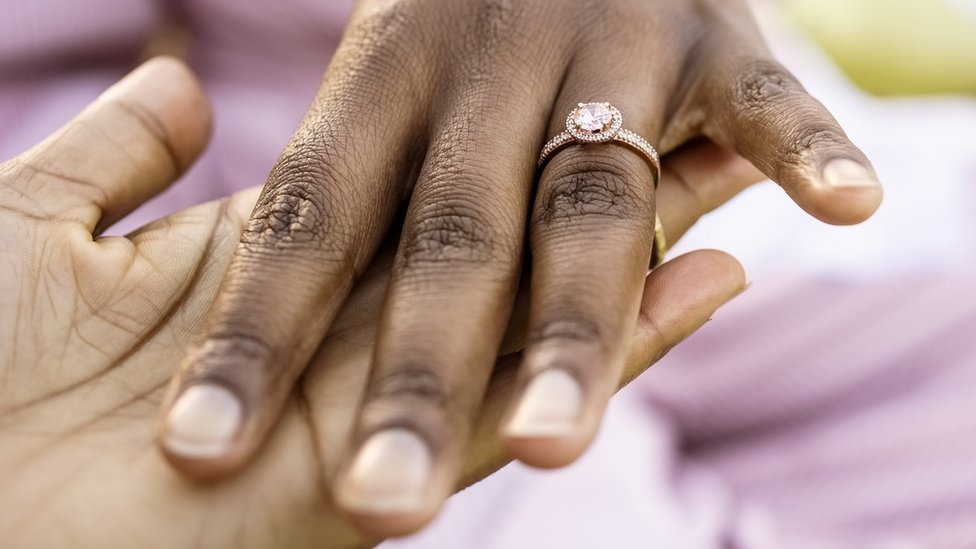An influential traditional priest in Ghana, Nuumo Borketey Laweh Tsuru XXXIII, has sparked outrage by marrying a 12-year-old girl in a customary ceremony. Despite the legal minimum age for marriage in Ghana being 18, child marriages continue to happen, with 19% of girls in the country being married before they reach 18 and 5% before their 15th birthday. The elaborate ceremony was attended by dozens of community members and included women advising the girl to dress teasingly for her husband and to use perfumes to boost her sexual appeal, sparking criticism and calls for investigation.
Leaders of the Nungua indigenous community, to which both the girl and the priest belong, have defended the marriage, saying it is based on tradition and custom. Nii Bortey Kofi Frankwa II, a local community leader, stated that the girl began the rites to become the priest’s wife six years ago, but her education was not affected. The girl is expected to undergo a second customary ceremony to purify her for her new role as the priest’s wife and prepare her for marital responsibilities such as childbearing. Mr Tsuru, as a traditional high priest, holds a significant spiritual leadership role within the community, performing sacrifices, praying for protection, enforcing cultural practices, and leading traditional rites.
Criticism of the marriage has led to calls for the authorities to dissolve it and investigate Mr Tsuru. Videos and photos of the ceremony have circulated on social media, prompting widespread outcry among Ghanaians. The statements made during the ceremony, advising the girl on wifely duties and enhancing her sexual appeal, have been interpreted as suggesting that the marriage was more than ceremonial. Government authorities have yet to respond to the controversy, but Ghanaian law recognizes customary marriages while also prohibiting child marriages under the guise of culture or tradition.
The prevalence of child marriage in Ghana has declined, but it remains a persistent issue, with many girls getting married before they reach the age of 18. This case has drawn attention to the continued practice of child marriage in certain communities, raising concerns about the protection of young girls’ rights and well-being. The role of traditional leaders in perpetuating cultural practices that may harm young girls has also been questioned, sparking a debate about the balance between tradition and the protection of children’s rights in Ghanaian society.
The controversy surrounding the marriage has highlighted the need for greater awareness and enforcement of laws protecting children from early and forced marriages in Ghana. Despite the legal age of marriage being 18, cultural practices and traditions sometimes take precedence over legal requirements, leading to situations where young girls are married off at a young age. The case of the 12-year-old girl marrying the traditional priest has sparked a national conversation about the rights of children, the role of traditional leaders in upholding harmful practices, and the importance of safeguarding the well-being of young girls in the country.
As the debate over the controversial marriage continues, there is growing pressure on government authorities to take action to address the issue of child marriage and protect the rights of vulnerable children in Ghana. The widespread outrage and calls for investigation highlight the importance of enforcing existing laws and implementing measures to prevent early and forced marriages. It is essential for stakeholders at all levels, including traditional leaders, community members, and government officials, to work together to safeguard the rights and well-being of children, particularly young girls who are most at risk of being forced into early marriages. The case of the 12-year-old girl marrying the traditional priest serves as a stark reminder of the challenges faced in protecting children from harmful practices and the need for concerted efforts to eliminate child marriage in Ghana.


